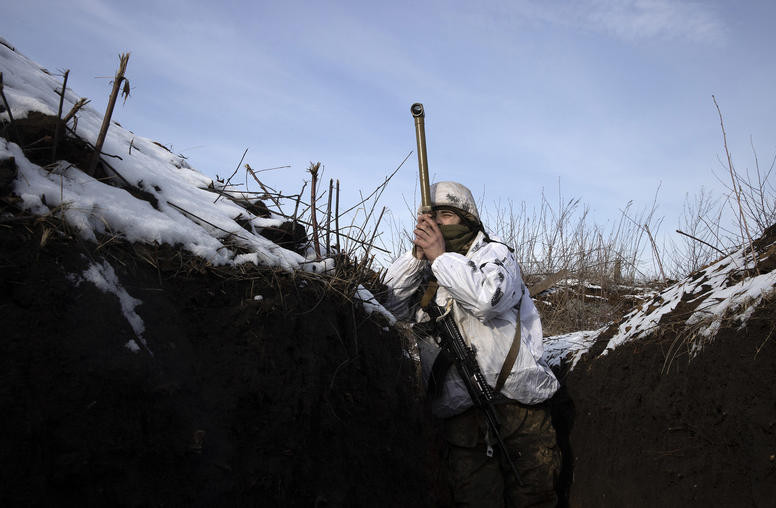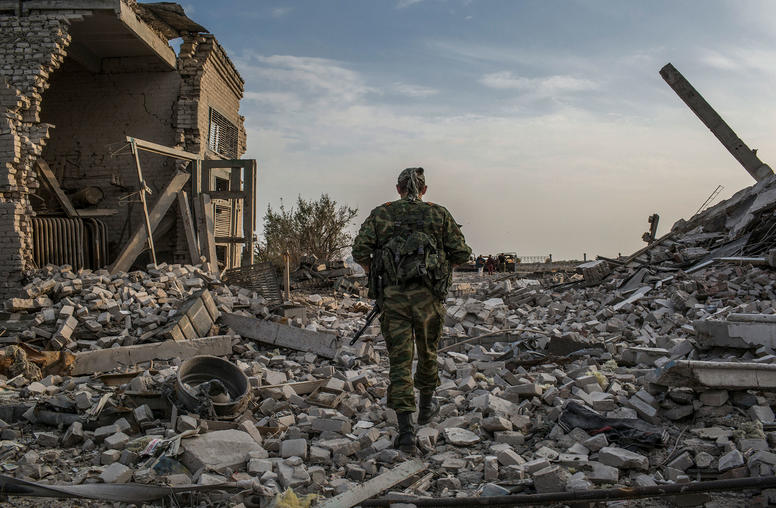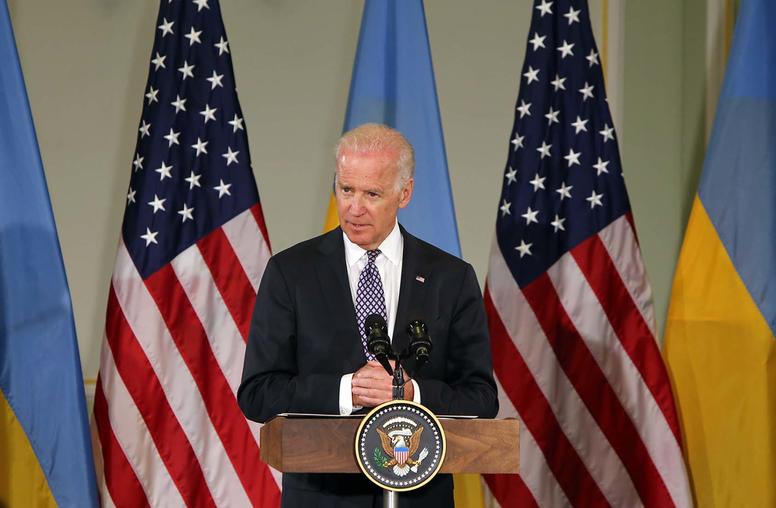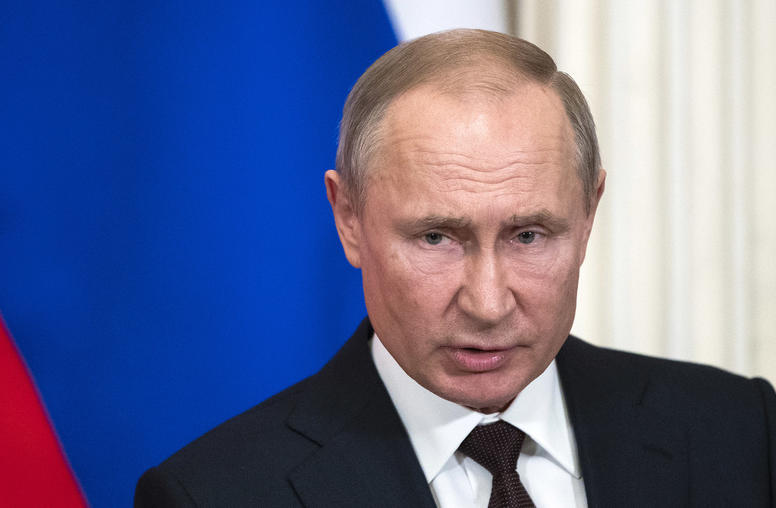Publications
Articles, publications, books, tools and multimedia features from the U.S. Institute of Peace provide the latest news, analysis, research findings, practitioner guides and reports, all related to the conflict zones and issues that are at the center of the Institute’s work to prevent and reduce violent conflict.

Russia’s Assault on Ukraine and the International Order; Assessing and Bolstering the Western Response
William B. Taylor, former U.S. ambassador to Ukraine and vice president, Russia and Europe at the U.S. Institute of Peace, testified on February 2, 2022, before the U.S. Helsinki Commission's hearing on "Russia's Assault on Ukraine and the International Order." His expert testimony as prepared is presented here.

After U.S.-Russia Talks, Risk of War in Ukraine Still High
The risk of a new Russian invasion of Ukraine remains high after today’s meeting in Geneva between Secretary of State Antony Blinken and Russian Foreign Minister Sergei Lavrov. The United States delivered its warning, with European allies, of what Blinken called a “swift, severe and a united response” if the Russian troops massed at Ukraine’s border should attack. But the outcome offered at least a hope of avoiding war as Blinken agreed to offer a set of “written comments” to Russia next week on its demand for “security guarantees” that include barring Ukraine from ever joining NATO — a demand that Ukraine, NATO and the United States reject.

William Taylor on the Crisis in Ukraine
While Ukraine’s military is in much better shape than when Russia first invaded in 2014, USIP’s William Taylor says it’s “not able to hold off the entire Russian military” alone, and that the United States and NATO must “make it clear to President Putin that the costs of invading will be much greater than the benefits.”

William Taylor on the Russia-Ukraine Crisis
As Russia continues its military build-up along the Ukrainian border, USIP’s Ambassador William Taylor says diplomatic talks are the best path toward a peaceful resolution — but that we still don’t fully understand Putin’s intentions: “Is he bluffing? Is he trying to intimidate … or is he serious about invading?"

The World and Russia Need to Talk. But Not at Gunpoint.
Russia’s massing of military forces around Ukraine now threatens an invasion by as many as 175,000 troops, perhaps in a matter of weeks. While the United States, Ukraine and the rest of Europe would prefer a diplomatic solution to this crisis, dialogue cannot be at the point of a gun. The West must bolster its defenses and prepare economic sanctions, while showing it is ready to discuss Russia’s fears. But Mr. Putin must stand down his military threat to Ukraine and the rest of Europe before any negotiations.

Donald Jensen on Secretary Austin’s Visit to Georgia, Romania and Ukraine
USIP’s Donald Jensen looks at what Defense Secretary Lloyd Austin’s recent trip to several countries along the Black Sea means for U.S. policy, saying, “We are looking at the region in its entirety … and Romania, Ukraine and Georgia are key players in the broader effort to curb Russian influence in the region.”

The Biden Doctrine Should Start with Ukraine
Following the U.S. withdrawal from Afghanistan, some see an emerging Biden doctrine, which aims to avoid the aggressive use of U.S. military force and nation-building and instead focus on building and strengthening alliances and confronting authoritarianism. No country offers a better opportunity to demonstrate that approach than Ukraine.

Donald Jensen on Ukrainian President Zelensky’s Visit to the U.S.
Ahead of Ukrainian President Volodymyr Zelensky’s long-awaited visit to Washington, USIP’s Donald Jensen says many in D.C. “see the [Ukrainian] fight against corruption as a key benchmark” in determining the future of U.S. assistance, including for Ukraine’s ongoing conflict with Russia.

Russia Pulls Back Troops—But Not Its Threat to Ukraine
Russian ships and trains are moving back the tens of thousands of troops massed on Ukraine’s border because, Russia’s defense minister said last week, their “surprise inspection” had “demonstrated their ability to ensure the reliable defense of the country.” In reality, the Kremlin stood down after its saber-rattling failed to unnerve the Ukrainians—and after President Biden warned President Vladimir Putin directly to drop the military threat, effectively...

Understanding Russia’s Interest in Conflict Zones
Under Vladimir Putin, Russia’s global ambitions have steadily increased, including in unstable areas of the Middle East, Africa, and the Western Hemisphere. For the most part, Moscow’s activities in these and other areas run counter to Western interests and undermine efforts to mitigate conflict through broad-based, transparent processes. This report outlines the factors that appear to be motivating the Kremlin’s conflict-zone interventions and places them within the larger context of Russian foreign policy interests.